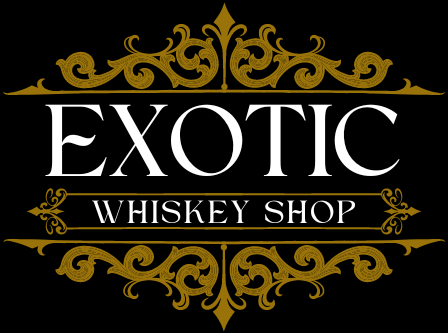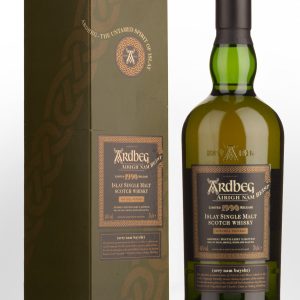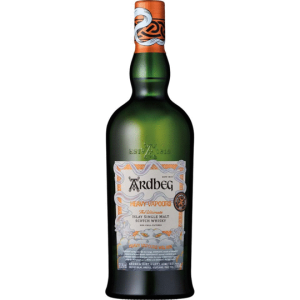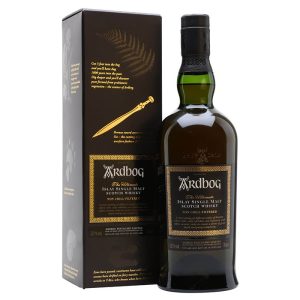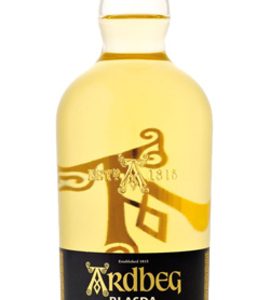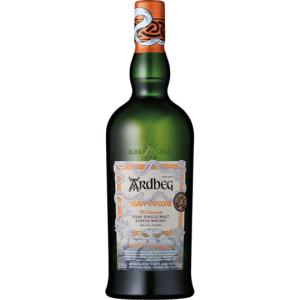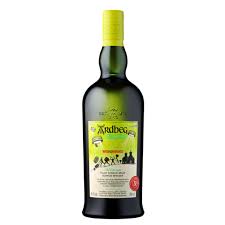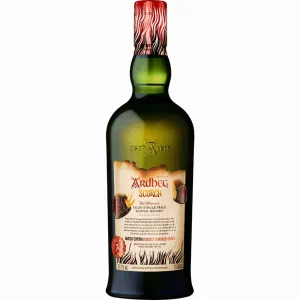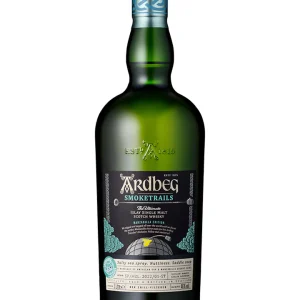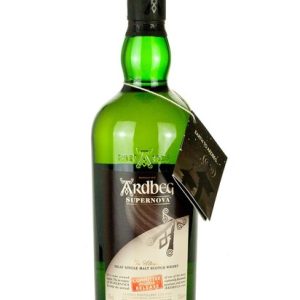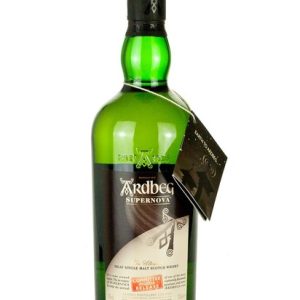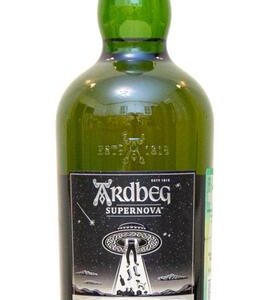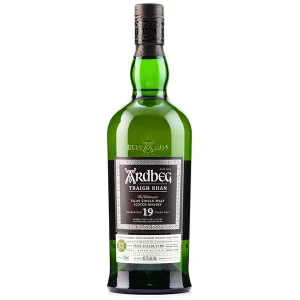Shop Our Scotch Whisky Collection
Scotch Whiskey (often spelled “whisky” without the “e”) is a type of whisky that originates from Scotland. It’s known for its distinct production methods and regional variations, and it holds a special place in the hearts of many whisky enthusiasts around the world. Here are some key points about Scotch whisky:
Ingredients: Scotch whisky is primarily made from three ingredients: water, malted barley, and yeast. The quality of these ingredients, along with the production process, greatly influences the final flavor of the whisky.
Types of Scotch Whisky: There are several different types of Scotch whisky, each with its own production methods and characteristics. Some of the main types include:
Single Malt Scotch: Made from malted barley and produced at a single distillery. It’s known for its complex and varied flavors.
Blended Scotch: This is a blend of different malt and grain whiskies from different distilleries. It’s often used to create consistent flavor profiles and can be more accessible in terms of price.
Single Grain Scotch: Made from grains other than malted barley, and it can come from multiple distilleries.
Blended Malt Scotch: A blend of single malt whiskies from different distilleries, but it doesn’t include any grain whisky.
Blended Grain Scotch: A blend of single grain whiskies from different distilleries.
Aging: Scotch whisky must be aged for a minimum of three years in oak barrels. The aging process allows the whisky to interact with the wood, gaining flavor, color, and character over time. Many Scotch whiskies are aged for significantly longer periods, which can contribute to their complexity and depth.
Regions: Scotland is divided into several whisky-producing regions, and each region has its own unique characteristics and styles of whisky. Some of the prominent regions include Speyside, Highland, Islay, Lowland, and Campbeltown.
Peat: Peat is a type of soil found in certain regions of Scotland, particularly on the island of Islay. It’s often used in the malting process to dry the barley, and it imparts a distinct smoky flavor to the whisky. Not all Scotch whiskies are peated, but it’s a notable characteristic of some.
Terminology: The terminology around Scotch whisky can be quite specific. Terms like “neat” (served without ice or mixers), “single cask” (whisky from a single barrel), and “cask strength” (whisky bottled directly from the barrel without dilution) are commonly used.
Appreciation: Scotch whisky is often enjoyed for its intricate aromas, flavors, and textures. Tasting notes can include a wide range of descriptors such as fruity, floral, smoky, peaty, spicy, and more.
Scotch whisky has a rich history and is celebrated both in Scotland and globally. Many people enjoy exploring the various styles and expressions that this iconic spirit has to offer.
Is Scotch A strong Alcohol?
Yes, Scotch whisky is considered a strong alcoholic beverage. The strength of Scotch whisky is typically measured in terms of its alcohol by volume (ABV). The ABV indicates the percentage of alcohol present in the liquid.
Most Scotch whiskies are bottled at a minimum of 40% ABV, which means that 40% of the total volume of the liquid is pure alcohol. However, many Scotch whiskies can have higher ABV levels, especially if they are bottled as cask strength or at higher proof without dilution.
The high ABV of Scotch whisky contributes to its distinct flavors, aromas, and overall character. When enjoying Scotch, it’s common to consume it in moderation due to its alcoholic strength. Many whisky enthusiasts also prefer to add a small amount of water when tasting higher ABV whiskies to help open up the flavors and aromas.
Remember that responsible consumption of alcoholic beverages is important. It’s always recommended to drink in moderation and be aware of your limits to ensure a safe and enjoyable experience.
What Makes Scotch So Expensive?
The cost of Scotch whisky can vary widely, ranging from relatively affordable options to very expensive bottles. Several factors contribute to the high price of certain Scotch whiskies:
Aging Process: Many premium and expensive Scotch whiskies are aged for extended periods, sometimes several decades. Longer aging can lead to greater complexity, smoother flavors, and a more refined character. However, this extended aging also requires storage, care, and investment in casks over many years, which can drive up costs.
Limited Supply: Some Scotch whiskies are produced in limited quantities due to factors like small distillery sizes, rarity of certain ingredients, or specific production techniques. Limited supply can drive up demand, resulting in higher prices.
Rare Ingredients: Certain Scotch whiskies use rare or unique ingredients that might be more difficult to obtain or cultivate. For example, some distilleries use specialized barley strains or water sources that contribute to the whisky’s distinctive character but may be more costly to procure.
Production Techniques: Some distilleries employ traditional and labor-intensive production methods that can be more time-consuming and costly. This can include using traditional pot stills, manually turning and monitoring casks, and employing specific fermentation and distillation processes.
Packaging and Presentation: Expensive Scotch whiskies often come in elaborate packaging, such as ornate bottles, decorative labels, and intricate boxes. These visual and tactile elements contribute to the overall luxurious experience and can add to the cost.
Brand Prestige: Well-established and highly regarded whisky brands often command higher prices due to their reputation for quality and craftsmanship. Collectors and enthusiasts may be willing to pay a premium for bottles from renowned distilleries.
Limited Editions and Collectibility: Limited edition releases, commemorative bottles, and collectible sets can carry higher prices due to their exclusivity and potential to appreciate in value over time.
Taxes and Regulations: Depending on the country of purchase, taxes and import regulations can significantly impact the cost of Scotch whisky, especially for imported premium products.
Global Demand: Scotch whisky is popular worldwide, and in regions with high demand, prices may be influenced by market dynamics and exchange rates.
Secondary Market and Investment: Some rare and sought-after Scotch whiskies have become investments, traded on the secondary market like collectibles. This can drive up prices beyond their original release cost. Scotch Whiskey online USA & Canada Fast overnight Home delivery
